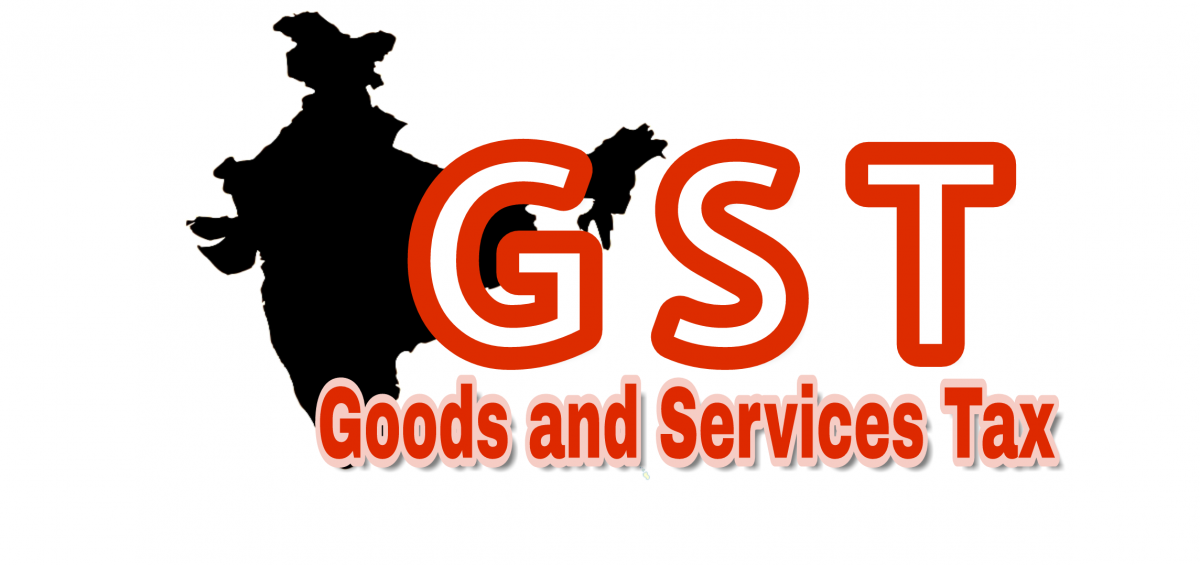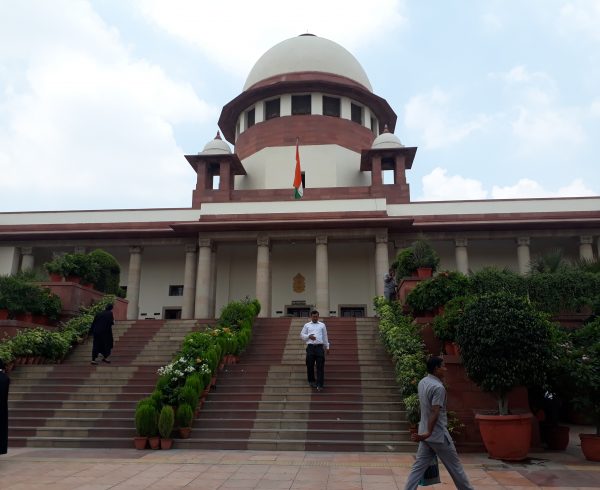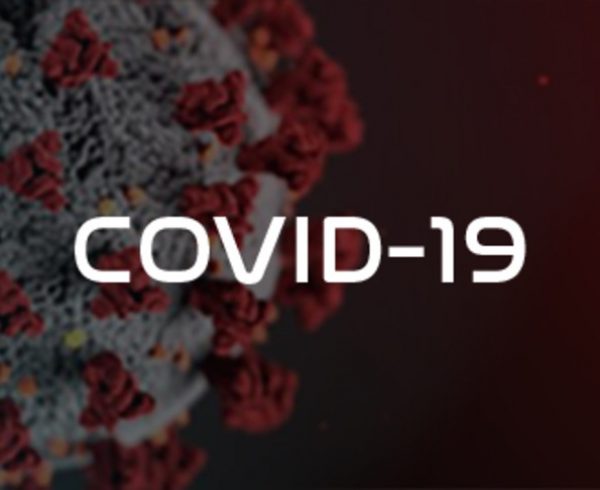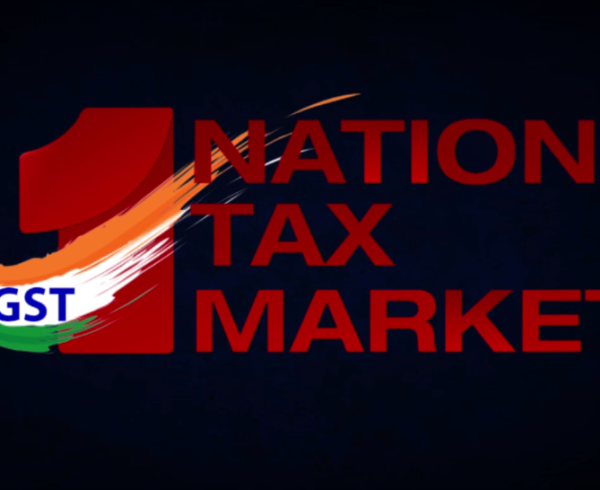|
GST updates |
|
|
|
|
|
Date: |
2 January 2020 |
|
Issues: |
Amendments in methodology of
availment of input credit.
Changes in payment of tax for
renting of motor vehicles
Advance Rulings for healthcare
services and issuance of gift vouchers |
Change in amount of
availment of input credit.
With effect from 1
January 2020, amount of input credit available in respect of invoices or debit
notes, the details of which have not been uploaded by the suppliers, shall
limited to 10% of the eligible credit available. [Notification no.
75/2019-Central Tax, 26 December 2019]
Restriction on
utilization of input credit availed fraudulently.
GST officers may not
allow availment of input credit (for utilization or claiming refund) in the
following cases:
>
Input
credit has been availed without receipt of goods or services
>
The
recipient has not received the tax invoice or debit note
>
The vendor
has not made payment to tax
>
The vendor
is found to be non-existent or is not conducting business from the registered
premises
>
The
recipient is found to be non-existent or is not conducting business from the
registered premises
Upon being satisfied that
the defects have been removed, the GST officers may permit availment of such
input credit.
Such amendment would be
effective from the date of publication in Official Gazette. [Notification no.
75/2019-Central Tax, 26 December 2019]
Restriction on issuance
of e-waybills.
With effect from 11
January 2020, registered persons (except composite supply dealers) who have not
filed returns providing details of outward supplies for two months / two
quarters consecutively, would not be eligible to feed their details in
e-waybills. [Notification no. 75/2019-Central Tax, 26 December 2019]
Tax payable under reverse
charge mechanism for renting of motor vehicle.
Companies renting motor
vehicles from any person (other than a company), would be required to pay GST
@5% under reverse charge mechanism.
The service provider may
pay tax on the provision of services by charging GST @12% and also avail input
credit. [Notification no. 29/2019-Central Tax (Rate), 31 December 2019]
Amendment in conditions for exemption of upfront payment for long term lease of
specified plots.
Upfront amount payable for long term lease (of
industrial plots / plots for infrastructure of financial business plots) to an
entity having 20% or more ownership of Central or State Government shall be
exempt. [Notification no.
28/2019-Central Tax (Rate), 31 December 2019]
Conditions to be followed for availing such exemption
are:
The leased plots shall be used for the purpose for
which they are allotted
The State Government concerned shall monitor and
enforce the above condition
In case of any violations the original lessor,
original lessee, any subsequent lessee or buyer shall be jointly and severally
liable to pay such GST, interest and penalty
Agreements entered into by the original lessor and
any subsequent lease or sale shall incorporate the fact that GST was exempted on
the long term lease, subject to above condition, and that the parties to the
said agreements undertake to comply with the same
Advance ruling: CMC Vellore Association
Question arose on applicability of tax on medicines,
drugs, stents, consumables and implants used in the course of providing health
care services to in-patients admitted to the hospital for medical treatment.
Patients are provided a comprehensive treatment which
includes room rent, nursing care, medicines, consumables, implants, etc. The
doctors who treat the in-patients themselves prescribe medicines, consumables
and implants that are used in the treatment. The in-patients are charged for all
of these goods.
It was held that the hospital cannot provide health
services including diagnostic, treatment surgery, etc. without the help of
medicines to be taken during treatment, implants and consumables used during
their stay in the hospital. Only on using these medicines, consumables and
implants as required, will the treatment be complete. Hence, supply of
medicines, implants and consumables are naturally bundled with the supply of
health services.
In this case, supply of health services is the principal
supply as that is the reason the in-patients get admitted to hospital.
Accordingly, supply of such goods is exempt from GST (as notified health care
services are also exempt from GST).
Advance ruling: Kalyan Jewellers India
The Bench has discussed the taxability of gift vouchers
/ gift cards issued by the applicant. The questions brought forward were:
Whether gift vouchers are goods or services?
What is the time of supply?
What is the applicable GST rate?
On the first question, the Bench held that gift vouchers
/ gift cards should not qualify as ‘actionable claim’. They have further
expounded that gift vouchers qualify as a ‘goods’ given they are not immovable
property. The voucher has both a value and an ownership and is the property of
whoever first purchases it and later whoever redeems it and it is movable. Thus,
it is also neither money nor
actionable claim.
On the matter of time of supply, the Bench held that in
case the voucher is redeemable against specified goods, the time of supply
should be the date of issuance of such voucher. In case the voucher is
redeemable against any goods, the time of supply should be the date of
redemption of voucher.
Lastly, it was held that in case the applicant issues
paper vouchers, the same should be classified under subheading 4911 and the
applicable rate should be 12%.
If the vouchers are in the form of plastic cards which
can be electronically loaded, they should be classified under heading 8523 and
the applicable rate should be 18%.







Leave a Comment